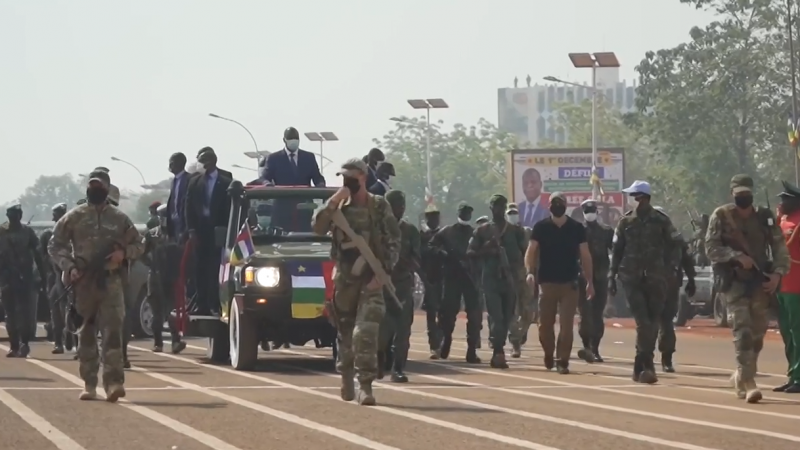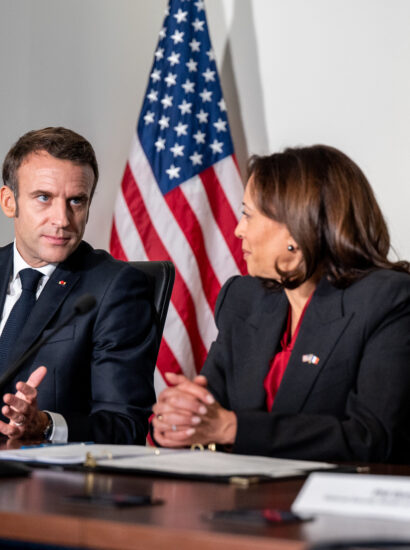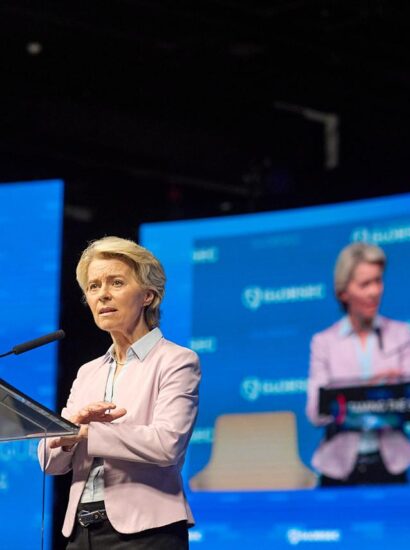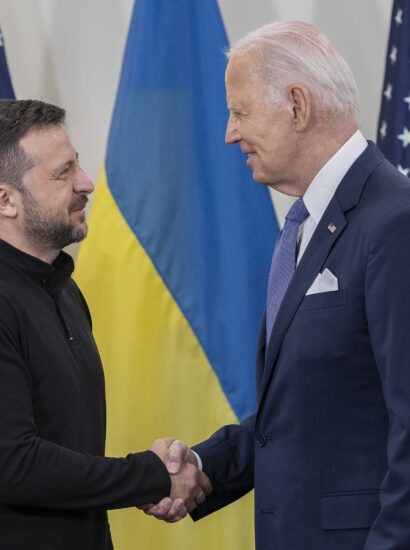The biggest and most surprising turn of the last weekend was Russian President Vladimir Putin’s long ally Yevgeny Prigozhin’s mutiny inside Russia. According to news agencies Prigozhin has taken two cities and marched towards Moscow relatively undisturbed and by the accounts, a general support from the population. In a mutiny aimed against the top brass of the Russian Army and an imminent decision to assimilate private military companies (including Prigozhin’s own Wagner Group) into the hierarchy of Russia’s military, Prigozhin seemed unstoppable but halfway towards the capital, still decided to stand down and has since “found” a new home in Belarus.
Seemingly, the situation on the battlefield in Ukraine has stayed largely the same for the time being – although British intelligence services have reported Ukrainian advances – and with many members of Wagner expressing disdain for Prigozhin’s actions, commanding the new forces inside the Eastern European country should not be hindered as much as Western commentators would like to think.
But Wagner was not known or maintained to be a battalion, a force in battle.
Wagner’s main job was to protect Russian interest and assets around the globe, most notably, in Libya, Sudan, Mali and, most notably, the Central African Republic. And although PMCs are officially illegal in Russia, it has been cleared by many outlets that Wagner is in fact a Kremlin-employed contractor.
These countries in Africa’s Sahel district offer valuable natural resources and with Wagner’s previous engagements and services for (paramilitary) leaders of these countries – either in the form of consultancy or direct firepower – the group have established a cruel but very lucrative business model.
Now that Prigozhin – who primarily saw the Ukrainian war as an opportunity to showcase Wagner’s professionalism and disregard for morality, as well as his own leadership skills – is mostly out of the picture and Russia has already started integrating some assets into its own army, Russia and its secret operatives inside GRU – who, according to some experts have already exercised commanding rights over Wagner – will most certainly intensify these operations. Russian Foreign Minister Sergey Lavrov has already stressed that despite the insurrection, African engagements will be continued.
And Russia will no doubt bulk up these operations because regardless of the outcome of the war in Ukraine, it will need natural resources to start building up its own high-tech industry after playing itself out of the picture with any other tech giant than China. (And China might not be comfortable with giving steady support for Russia.) Beyond rare earth metals and gold, Russia will also need allies on the international scene and it can get new ones relatively cheap in Africa as thanks to its troll army, it already has “projects” going on there.
On the other hand, Africa is a good group to start with, as beyond a general anti-Western sentiment historical ties like the Commonwealth and Francophonie are also disappearing.
The United States was quick to react, imposing sanctions on different affiliates of Wagner in Africa, which might obstruct operations somewhat, but it will hardly change anything in the long run.








[…] the death of Wagner’s leader, Yevgeny Prigozhin, in August 2023, Moscow has tried to take over the group’s operations by establishing the Africa Corps, a Ministry of Defense-controlled project […]